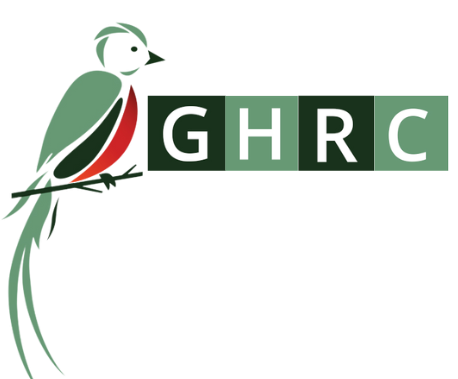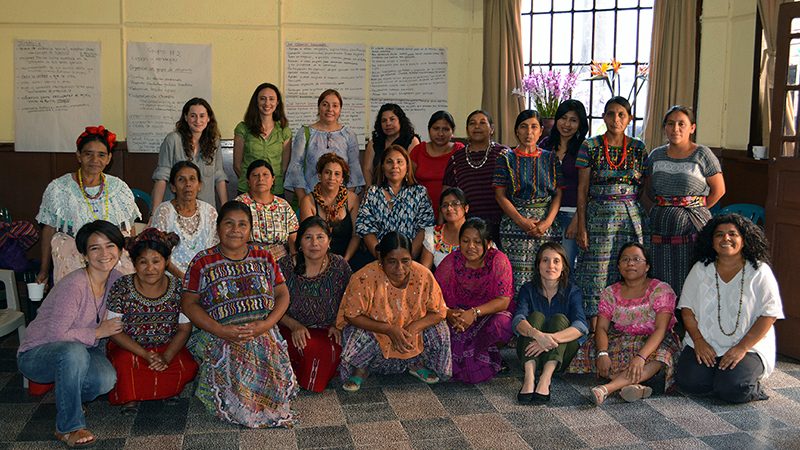The Fenix Mine has been a contested project since the 1960s with a long history of human rights violations. Located in El Estor near Lake Izabal–the largest lake in Guatemala–the nickel mine threatens the environment and livelihood of the maya Q’eqchi communities that live around the lake. In 2019–responding to an injunction filed by the local Fisherman’s Guild–the Constitutional Court found that the Guatemalan Nickel Company (CGN) had been illegally operating the mine since 2005 when the company failed to conduct a consultation process and ordered all operations to be halted.
The project is currently owned by Swiss-Russian consortium, the Solway Group, and is operated by CGN. Of the many previous international owners, the most recent owner before Solway was Hudbay Minerals, a mining company based out of Canada that is incidentally facing charges for their involvement in the sexual assault of 11 women in El Estor in 2007.
This year, the Fisherman’s Guild and mayan Q’eqchi Ancestral Authorities united to form a resistance against the mine when the Ministry of Mines and Energy (MEM) began a pre-consultation process. Excluding impacted indigenous communities, the pre-consultation process was rejected by the resistance because it was being carried out in bad faith. Meanwhile, mining trucks continued to pass along the road to the mine even though all operations were supposed to be halted. The resistance established an encampment along the road leading up to the mine to stop these trucks from passing in early October.
Since then, the resistance has faced violence and repression at the hands of police. On October 23, thousands of police arrived to clear out the encampment, firing tear gas and beating protesters. President Giammattei declared a state of siege which was approved by Congress to be put in place for 30 days. Under the state of siege, community leaders suffered violent raids on their homes, sexual harassment, and intimidation by police. The state of siege was replaced by a state of prevention on November 22. Police and military continue to occupy the community and concerns about human rights violations are ongoing.
GHRC supports the resistance in their efforts to defend their ancestral territory and livelihoods from extractivism. Our team in Guatemala has been accompanying community leaders, helping provide safe housing for them during times of elevated risk. They also continue to document the worrisome situation which helps inform our advocacy actions.
Read about updates and our advocacy work on the case on our blog!
- Members of Congress Call on Secretary Blinken to Demand End to State of Exception
- GHRC and Various Human Rights Organizations Release Joint Statement Condemning Human Rights Violations Occurring Under the State of Siege in El Estor
- Police Burn Homes in El Chinebal, Forcibly Displacing 96 maya Q’eqchi Families
- Police Brutality Surges Against Defenders and their Families in El Estor
- Police Repress Community in Resistance to Mine, Declare State of Siege in El Estor

